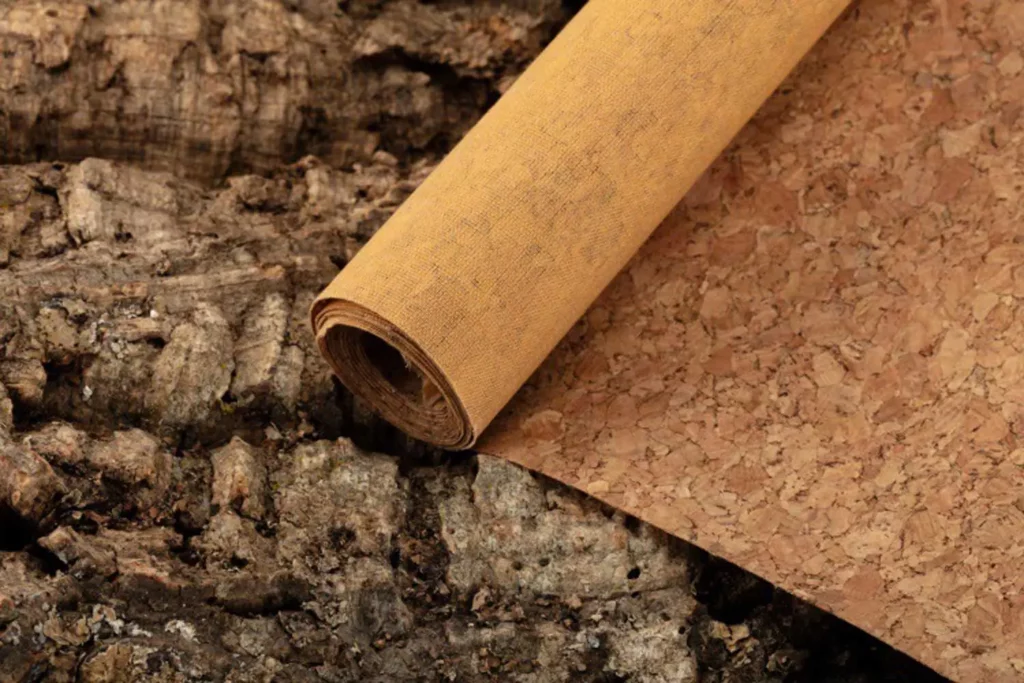
Cork is considered the world’s leading sustainable raw material and is a top choice for manufacturers and designers to explore further. For those unfamiliar with the term, wine stoppers may give you a clear idea of what traditional cork can be used for. Because cork is naturally sustainable and has many excellent physical properties, cork products are growing rapidly across a wide range of applications. Many brands have achieved great success with cork.
In 2020, e-commerce grew by 32% – an astronomical figure compared to the 15% CAGR.
As Millennials and Generation Z enter the workforce (and their spending power continues to grow), the bar for brands is being raised. As stores come online, today’s shoppers have more choices about the stores they want to shop at, including how eco-friendly they are.
In fact, 54% of Gen Z and 50% of Millennials will pay more for eco-friendly options on a product when it comes to purchasing eco-friendly products.
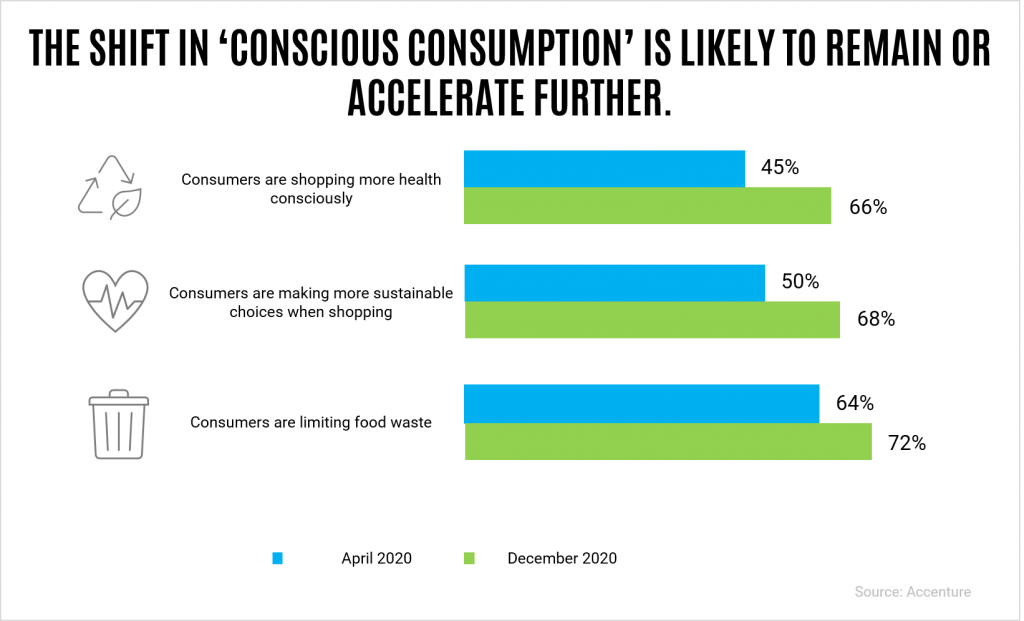
According to the Nielsen Annual Global Corporate Sustainability Report, 66% of consumers would spend more on a product if it came from a sustainable brand. A whopping 73 percent of millennials surveyed held a similar view. According to Horizon Media’s Finger on the Pulse study, 81% of millennials want companies to publicly announce their corporate citizenship.
Making environmentally friendly products is also important to doing your part for the planet. Online shopping, in particular, generates a significant amount of waste and greenhouse gas emissions through the production and packaging of products.
It is clear that consumers prefer sustainable brands. But without the proper messaging to communicate to your consumers and show them what your brand is doing, they will end up buying from your competitors.

1. Align your brand with your customers’ values
Customers want sustainability, and they want the brands they shop for to help them achieve it. Specifically, 88% of consumers want brands to help them be more environmentally friendly.
For example, more consumers are preferring leather alternatives such as cuir de Liege, mushroom leather, etc.
Consumers are increasingly goal-oriented, which means they are willing to pay a premium for products and services that align with their values. Purpose-oriented consumers are also willing to change their shopping habits to reduce their environmental impact and care about issues such as sustainability.
2. Create a competitive advantage
Sustainability is one of the best ways to differentiate your products and business from your competitors.
By integrating a sustainability program, you can gain customers from competitors who are not trying to become more environmentally friendly. Consumers will boycott a company (your competitor) because of their stance on a particular issue, and 66% of Millennials say they have boycotted a company for this reason.
These types of consumers will be loyal to brands that support and share their values.
3. Attract new investors
Investors are increasingly interested in sustainability as they reflect consumer perceptions of sustainability and sustainable brands. In fact, sustainable investment vehicles hit an all-time high in 2020 with more than $51 billion in new investments, more than double the record set in 2019. French startup brand Laflore, which designed the Bobobark, a cork bag that combines fashion and nature, ethics and aesthetics, was a huge success through its crowdfunding program, with more than 10,000 investments and over $2.4 million in total funding.
1. Find sustainably sourced materials
Replacing materials where possible will help make a difference and is one of the easiest ways to implement a sustainable brand in a way that customers can clearly see and understand.
For example, innovative plant-based leather instead of animal leather, such as cuir de Liege, fruit leather, mycelium leather and other biodegradable and renewable materials can attract a new generation of consumer groups.
2. Choose environmentally friendly packaging
In addition to the product itself, consumers pay attention to the packaging at the same time. Shipping and packaging your products in more environmentally friendly packaging is another way to incorporate sustainability into your business.
Many packaging materials, such as plastic mailers and packing peanuts, are difficult to recycle and often generate too much waste.
Packaging made from environmentally friendly materials such as post-consumer Liège, bamboo or compostable packaging, all of which are rapidly degradable or reusable, is more in line with contemporary consumer consciousness.
3. Use renewable energy
Whether it’s for your warehouse, factory, office, or storefront, using some form of renewable energy in your business is a great way to be more eco-friendly.
Renewable energy is a well-known concept, and it’s a sustainability initiative that you can easily explain to your customers to demonstrate your brand’s dedication to sustainability.
4. Partner with environmental organizations
There are a variety of ways to increase your sustainability efforts by partnering with well-known and respected organizations, such as 1% for the Planet or Certified B Corp. Consider working with a manufacturer that has environmental certifications to ensure your facility meets your standards. All of this helps customers take your sustainability claims more seriously and increases trust and loyalty when they recognize the names.
1. renewable and recycled
Cork is harvested by debarkers who strip the bark of cork oak trees – meaning no trees are cut down to harvest cork. This cork stripping process is carefully done by skilled workers (not machines) to ensure that the trees are not harmed in any way.
Cork oaks renew quickly – once a cork oak reaches 25 years, the bark can be harvested about every 9-12 years! Cork oaks have a lifespan of about 200 years, and each tree can be harvested 10 or more times.
After harvesting cork from the bark of a cork oak tree, the tree will regenerate more bark. Trees need to absorb carbon dioxide for the bark regeneration process and therefore absorb more carbon dioxide from the atmosphere than they would if they were not harvested. According to the Cork Forest Conservation Alliance, harvested cork oaks absorb five times more carbon dioxide than unharvested cork trees.
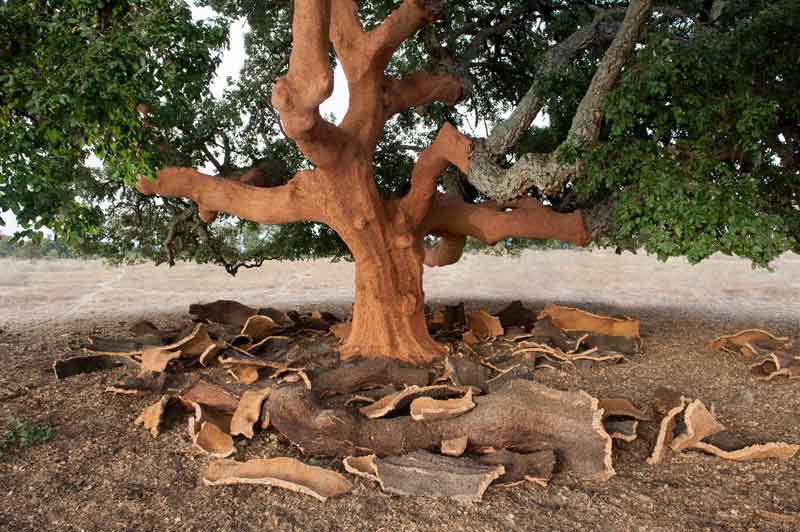
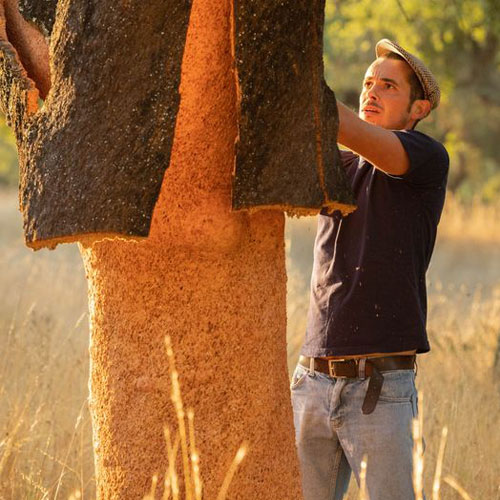
2. Climate regulation
Cork oak forests are the Earth’s lungs, absorbing 14 million tons of carbon dioxide each year, helping to slow global warming and prevent land desertification. It helps to mitigate global warming, reduce soil erosion and regulate the water cycle.
Each cork absorbs an average of 112 grams of carbon dioxide.
Each ton of cork absorbs 1.83 tons of carbon dioxide
Fabriquer un bouchon de bouteille en plastique émet 10 fois plus de CO2 qu'un bouchon de liège.
La fabrication des bouchons à vis en aluminium émet 24 fois plus de CO2 que le liège.
Des études montrent que pour chaque tonne de liège produite, les forêts de chênes-lièges peuvent séquestrer jusqu'à 73 tonnes de CO2, contribuant ainsi à réduire le potentiel de réchauffement climatique.
Cork oaks in Portugal alone – about one-third the size of Mediterranean cork oak forests – can absorb 4.8 million tons of CO2 per year, which, according to the U.S. Environmental Protection Agency, is equivalent to the emissions of more than 830,000 passenger cars per year.
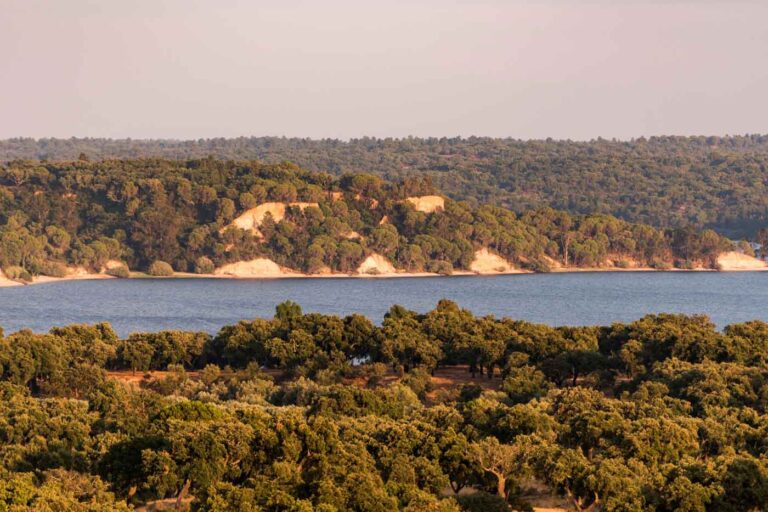
3. Wetland protection
Cork oak forests are used to prevent desertification and are an ideal habitat for many plant and animal species. Cork oak forests provide ideal habitat for more than 200 species of animals, and there are 135 species of plants per square meter in the forest, many of which are used in medicine, spices or cooking. The cork oak forest is recognized by private environmental organizations as one of the world’s 35 biodiversity hotspots, comparable in importance to the Amazon rainforest, known as the “green paradise”. Cork is the bark of cork oak, and because of its fire retardant properties, it is also a natural barrier to fire. Its roots store rainwater and act as an important watershed, then absorb nutrients from deep underground and return to the soil through the leaves, acting as a natural fertilizer.

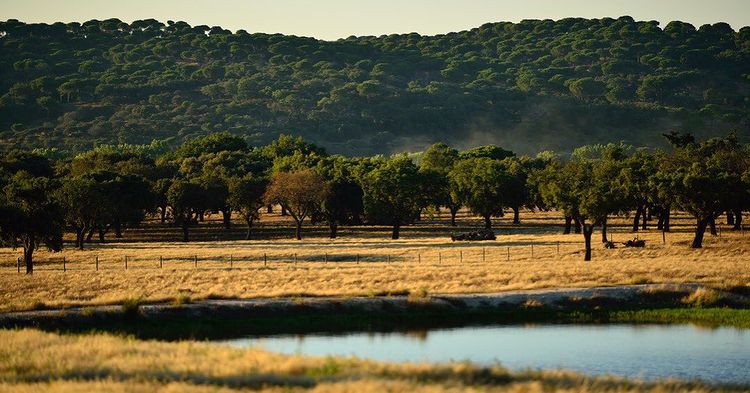
NIKE introduced iconic shoes such as the Air Force 1, Blazer, Air Max 90 and Air Max 95, each made of cork.
Benchmarking against rival Adidas, brands such as Vans et Puma are also launching cork sneakers.
For Chanel‘s Spring/Summer 2019 collection, the cork sandals shown by models at the “Beach” show in Paris attracted a lot of attention.
French startup Laflore, which designed a cork bag Bobobark that combines fashion and nature, ethics and aesthetics, has been a huge success through a crowdfunding project with over 10,000 investments and over $2.4 million in total funding.
This trend will continue to gain more attention in the next decade, providing more opportunities to launch our cork leather business.
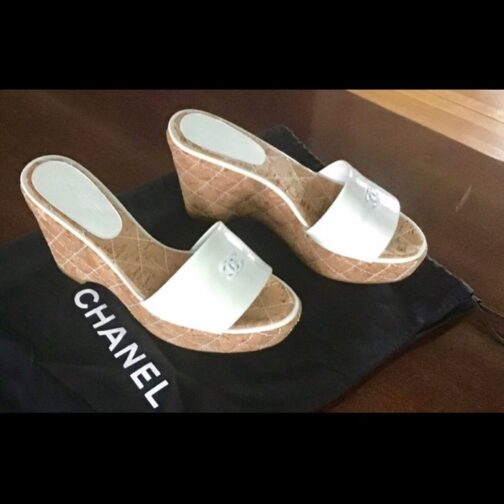
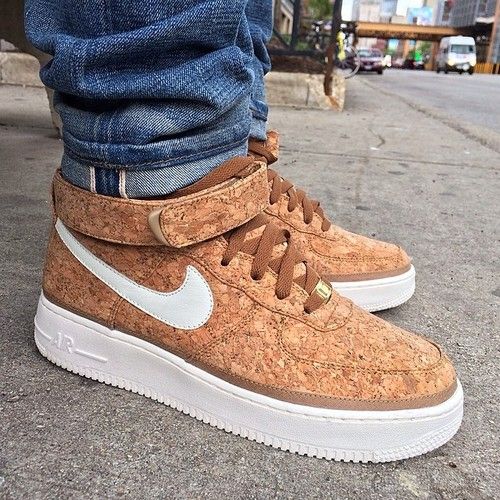
EnergyBalance is a Swiss manufacturer specializing in healthy and natural foods with high quality, hypoallergenic and safe to use products. Created Biork Crystal Deodorant, a sustainable rolling plastic-free deodorant with a container made of cork that also serves as a protective layer for the crystal. Cork is a renewable resource and is recommended by The Nature Conservancy. Just one natural cork absorbs 8 grams of the greenhouse gas CO2. it is available in 20 countries including Germany, France and the Netherlands.
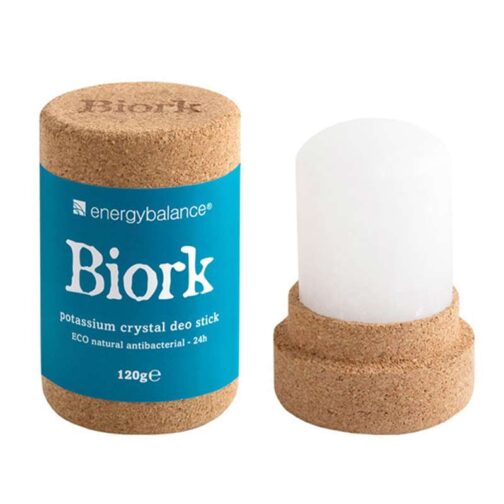
British natural beauty brand Lush has launched the first carbon neutral certification for its carbon-positive packaging cork jars made from biodegradable cork. The certification confirms that every 35 grams of cork tin can sequester more than 33 times its weight in CO2, removing approximately 1.2 kg of CO2 equivalent from the atmosphere.
Research firm GlobalData’s brand overview describes Lush as an “outstanding brand” thanks to its innovative products.
The company said Lush’s sales in the UK grew by 13% in the year to April 2018, outpacing growth of 2.9% in the UK health and beauty market.
Despite being a well-known retailer in its market, the company has used product innovations such as its cork and charcoal ranges to attract new people to its stores and retain existing customers.
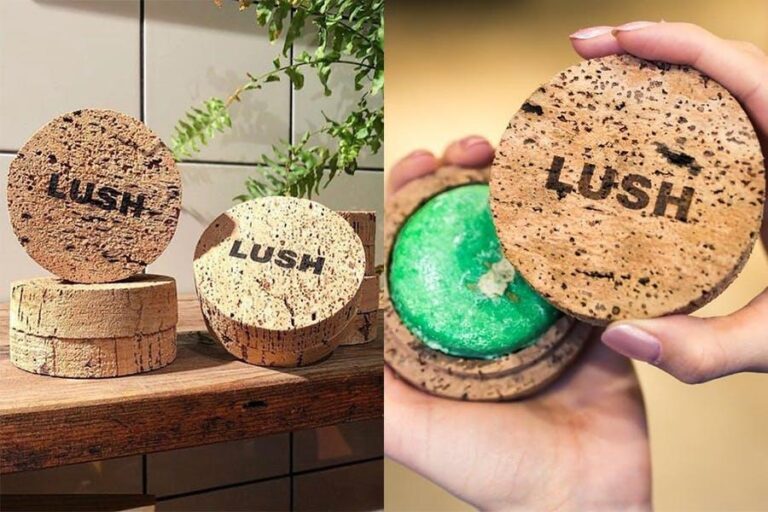
Principle Beauty, an American sustainable brand, has created an eye makeup palette with cork as the outer packaging. According to founder JEN PRESSLEY, cork is a rapidly renewable resource that doesn’t harm trees, is antibacterial, durable and compostable in the backyard, making it the ultimate choice for true sustainability.
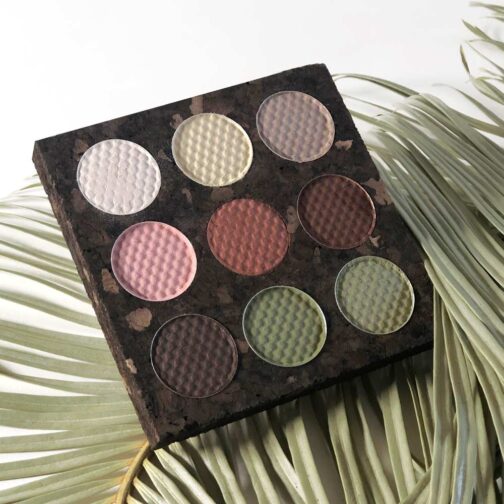
Today, more than 90 percent of CEOs say sustainability is the foundation of success. The mindset of the modern CEO can be seen in the importance companies place on their sustainability strategies.
With fewer transactions occurring face-to-face, it is increasingly easy for customers to quickly lose trust in a company. Curating a sustainable brand image is a great way for companies to build customer trust. This is because having a sustainable brand identity makes your company appear more caring and considerate of its impact on the world around you.
This prioritization of sustainability is not just a passing fashion trend. In fact, analysts predict that sustainability will be an even higher priority in the future. This means that, far from being a short-term investment, sustainable brand identity is expected to become a mainstay across a wide range of industries in the future.
Basé sur les nombreuses propriétés exceptionnelles du liège, le liège peut être transformé en tissus de liège, produits de sport en liège, sacs en liège, etc., qui sont considérés comme l'une des meilleures alternatives au cuir.
Choisissez les bons produits en liège pour promouvoir votre projet durable à faible émission de carbone.

Pour vous faire gagner du temps, nous avons également préparé des versions PDF de tous les catalogues de produits
Télécharger tous les produits au format PDF
Télécharger tous les produits au format PDF
Pour vous faire gagner du temps, nous avons également préparé des versions PDF de tous les catalogues de produits, ne laissez que votre e-mail et vous obtiendrez immédiatement le lien de téléchargement.
Contactez-nous pour obtenir un devis gratuit et plus d'expertise sur le tissu de liège. Votre projet rencontrera une bonne solution avec HZCORK.
